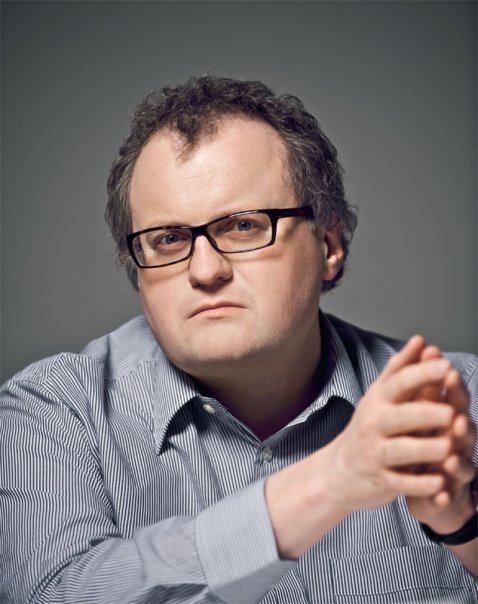
From silence and pauses…
Friends at World Literature Today pointed me to one of the smaller and lesser-known works of philosopher and political theorist Leonidas Donskis, one of Europe’s leading intellectuals, who died unexpectedly last week at 54: his short, 114-page A Small Map of Experience: Reflections and Aphorisms (Guernica Editions, 2013; translated from the Lithuanian by Karla Gruodis). I bought a copy tout de suite and got it in the mail over the weekend.
“Aphorisms cannot be conceived theoretically, and one cannot learn how to write them from a manual,” he writes in his foreword. “They rise up out of authentic experience—from silence and pauses, from stopping oneself so that a thought is not drowned by the flood of words and pretentious expressions.” But they’re not complete, in a sense, until they have a reader: “An aphorism is also a space for dialogue: it is an open and unfinished thought, which always requires that we, as readers, go back and attempt to develop the ellipses and silences which the author has left for us like an invitation.”
The Polish sociologist Zygmunt Bauman, Donskis’s co-author for Moral Blindness: The Loss of Sensitivity in Liquid Modernity (Cambridge, 2013), noted, “A successful aphorism, true to its mission, allows a small step to go a long, perhaps an infinitely long, way.” He thinks A Small Map fits the bill: “a perfect match to the vertiginous pace of our life, and bringing that art up to the gravity and grandiosity of the challenge we confront.”
My love of aphorisms is known to Book Haven readers (see here and here), so this was just the ticket. I quickly found with my very unsystematic reading that the book was littered with my little book was littered with sticky flags.
A sampling from the pages:
 “Academics are paid for what they say. Politicians and diplomats – for what they do not say.”
“Academics are paid for what they say. Politicians and diplomats – for what they do not say.”
“Provincialism is the lack of language and criteria for evaluating yourself and your environment. It is an inability to assess your own worth – a desperate plea for others to identify and assess you.”
“Great art dissolves our illusions about the importance and truth of the present.”
“Two solitudes do not beget a wholeness.”
“Love is the refusal to see oneself as the only reality, and the transcendence of fear and hatred.”
“Hatred is an unbearable dichotomy in which we imagine another’s demise while secretly hoping that he or she will survive to deliver us from meaninglessness.”
“Conscience is an intuition – that wherever two meet, a third is always present.”
There’s a reason his title includes “reflections” in addition to “aphorisms.” Aphorisms are defined by their brevity, but some push the envelope. A few of his reflections, then:
- “According to the logic of the twentieth century, wars were historically won by those who were left standing. The wars of the future will be different. No one will really win them or have the goal of winning them. They will be needed primarily to test and improve the military industrial machine, to undermine rising foreign economies, and to shape public opinion. War will become a vehicle for maintaining the balance of economic and political forces; the boundaries between it and peace will likely be erased.”
. - “The twentieth century media universe profoundly transformed the public figure. In the eighteenth century, public intellectuals lived their societies’ concerns, raising them to the level of philosophical and political discourse. But, while they saw private problems in public terms and engaged private persons with public concerns and interests, they themselves avoided the social noice of public life. It was once considered a sign of good taste and correct attitude to avoid the press. A Victorian Englishwoman was expected to appear in it only three times in her life: on the very special occasions of birth, marriage, and death. In our era, to appear in the media a mere three times would be the equivalent to not having existed at all.”
. - “Non-Jews usually don’t possess the sensitivity or language to speak about Jews, just as most men can’t legitimately speak about women. This leads to extremes: either Jews are so admired that they are barely considered a normal people (one that includes the wise as well as the villainous), or they are blamed for the lack of security in the Western world and for all of the sins of humanity. Is this thesis valid if we substitute Gentiles and Jews with men and women? In a sense. Seeking rights and recognition, women had to gain access to a world of culture and politics created by men, just as Jews had to find niches in a world dominated by Gentiles. In both cases only one side conformed and adapted – hence the asymmetry of sensibilities.”
And here’s one for Donskis himself: “We love only those things whose fragile and temporary nature we are acutely aware of.” Au revoir, sir. From the overwhelming number of hits on my modest obituary attracted a few days ago, it’s evident you are already much missed.
